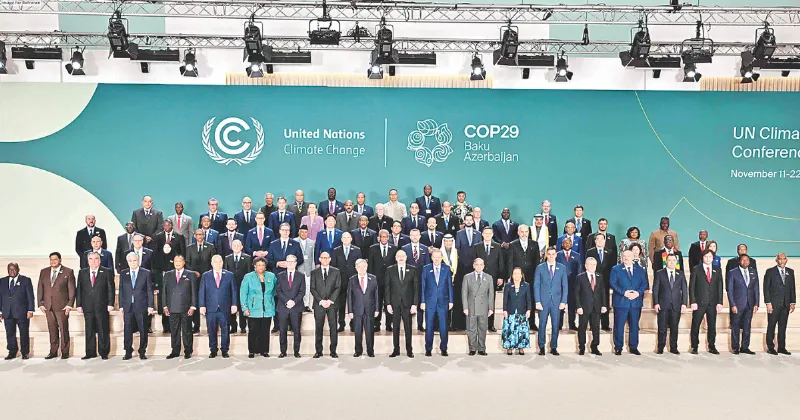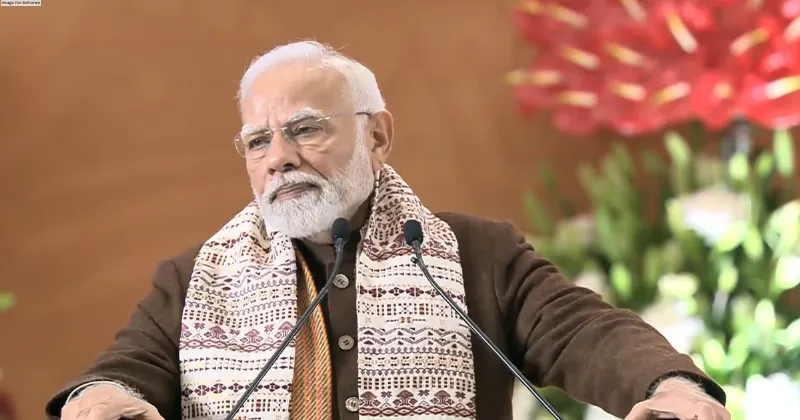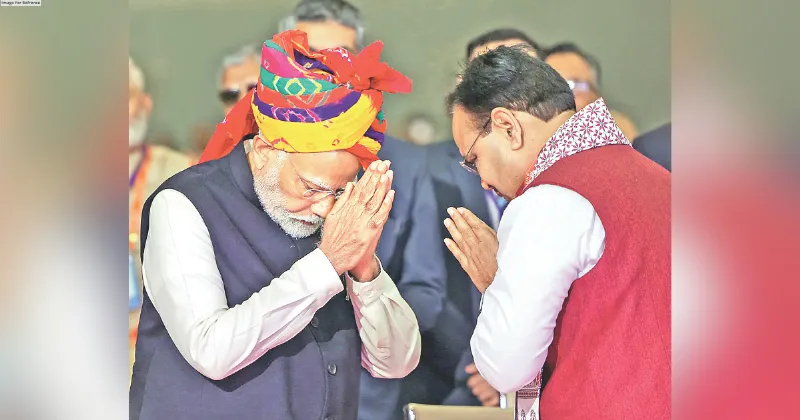Why A Better Creation Story Is No Creation Story

It will seem very strange, but you can’t know where you came from unless you know where everything came from. Your origin is the same as the origin of the universe. What makes this a strange statement is that the universe by common agreement began 13.8 billion years ago, whereas you began much sooner than that. This poses a quantum riddle that I answer in detail in a new book, Quantum Body.
Let me give you a preview, which leads to a revolutionary idea. Nature creates everything in existence. But Nature can’t create itself. There is no process that gives rise to Nature as a whole. Yet something must have allowed everything to exist in the first place. The only viable candidate is consciousness. Here’s why.
When a very young child is old enough to ask, “Where did I come from?” the parents need a quick white lie that avoids the truth. Saying “The stork brought you” or “You were found under a tree” is convenient for the moment. Yet there is something remarkable in the question because it shows one of the main qualities of self-awareness: The need for an origin. It doesn’t satisfy a four-yearold to think that they came out of nowhere. Somehow, starting very early, we crave to know how life began, and specifically how our life began.
But every origin story has a fatal flaw. If X is the creator, who created X? It doesn’t help to say that Y created X, because that only pushes the question back a step. If God created the world, who created God? If the Big Bang created the universe, what created the Big Bang? You can substitute any creator you want, and the question of origins has no answer.
Perhaps the cleverest creation story is a symbol—a serpent biting its tail—which the ancient Greeks named Ouroboros but which they derived from the ancient Egyptians. From the beginning Ouroboros was a mystical symbol, signifying that creation and destruction belong to the same circular process, the one embracing the other.
If you strip away the snake and the mysticism, the mathematical symbol for infinity implies that creation never began and will never end, which is also implied by Ouroboros, the ancient symbol of a snake swallowing its tail. No child would be satisfied, however, to be told, “You came from infinity.” If that’s the correct answer, it needs an explanation. And if the explanation is correct, then not just newborns but everyone and everything is constantly being created from infinity. Genesis wasn’t then; it is now.
To begin with, “Where did everything come from?” leads to some deceptive answers and dead ends. If you claim that everything came from a single Creator with human qualities—God or the gods— there’s no proof. You are basically looking in a mirror and seeing Nature as a reflection of human nature. We do this all the time when we say after a natural disaster that Nature is cruel, or even when we say that a great white shark’s predatory nature is cruel.
The noted theoretical physicist Lawrence Krauss started the Origins Project to answer where the universe came from, and his answer is given in the title of Krauss’s book, A Universe from Nothing. To a physicist, something from nothing really means “no thing,” because things came out of a pre-created state that contained no material thing. But whether you call this pre-created domain the quantum vacuum, zero point, virtual reality, or the multiverse, the same fatal flaw applies. Who or what created it?
The problem with every creation story is time. We can’t help but assign a time when creation began. If origin = starting point, time is necessary. Eternity gets mixed up with time in the process. Most people who believe that they will receive eternal life when they go to Heaven equate eternity with a long, long, long time.
In fact, eternity is timeless. It is neither long nor short. (The mix-up over eternity can be found in the short hymn, or doxology that is familiar in Christian worship: “Glory be to the Father and to the Son and to the Holy Ghost. As it was in the beginning, is now and ever shall be, world without end. Amen.”)
So why not simply accept infinity and do without a creation story? In religious terms God is God, and that’s an end of the problem. God works in mysterious ways and it is nobody else’s business to know what those ways are. If this sounds too dogmatic or irrational, physics offers an alternative, the multiverse. In this conception, the Big Bang didn’t create the only universe but one of many, the number approaching infinity or perhaps infinity itself.
Because the multiverse cannot be detected by any known process, it is as unknowable as God and just as arbitrary. If you want to know what came before time or what lies outside space, the multiverse is unhelpful. It runs into the dead end that all creation stories run into. The human mind is confined to time and space. We think in terms of before and after, inside and outside. It is obvious that asking “What came before time began?” is a nonsensical question, since “before” only has meaning after time was created.
As for space, get an image in your mind of the infant universe exploding out of the tiny point that turned into the Big Bang. One second after the Big Bang started, the size of the infant universe was around 10 centimetres yet contained all the energy now displayed in trillions of galaxies.
Yet no matter how you envision this event, as an explosion, an expanding bubble, or boiling quantum soup, you will visualize it occurring in space, and that’s a deception. Space itself was being created and was merged with time. The Big Bang therefore had no location; it was occurring everywhere at once. There was nothing outside it that the mind could grasp. There is always something outside an explosion, a bubble, or swirling soup. If those images don’t work, it is because asking “What is outside space?” is a nonsensical question. All of these riddles and mysteries can be easily solved by assigning creation to one thing: consciousness.
THE VIEWS EXPRESSED BY THE AUTHOR ARE PERSONAL
DEEPAK CHOPRA The writer is MD, FACP, FRCP founder of the Chopra Foundation, a non-profit entity for research on well-being and humanitarianism, and Chopra Global






















